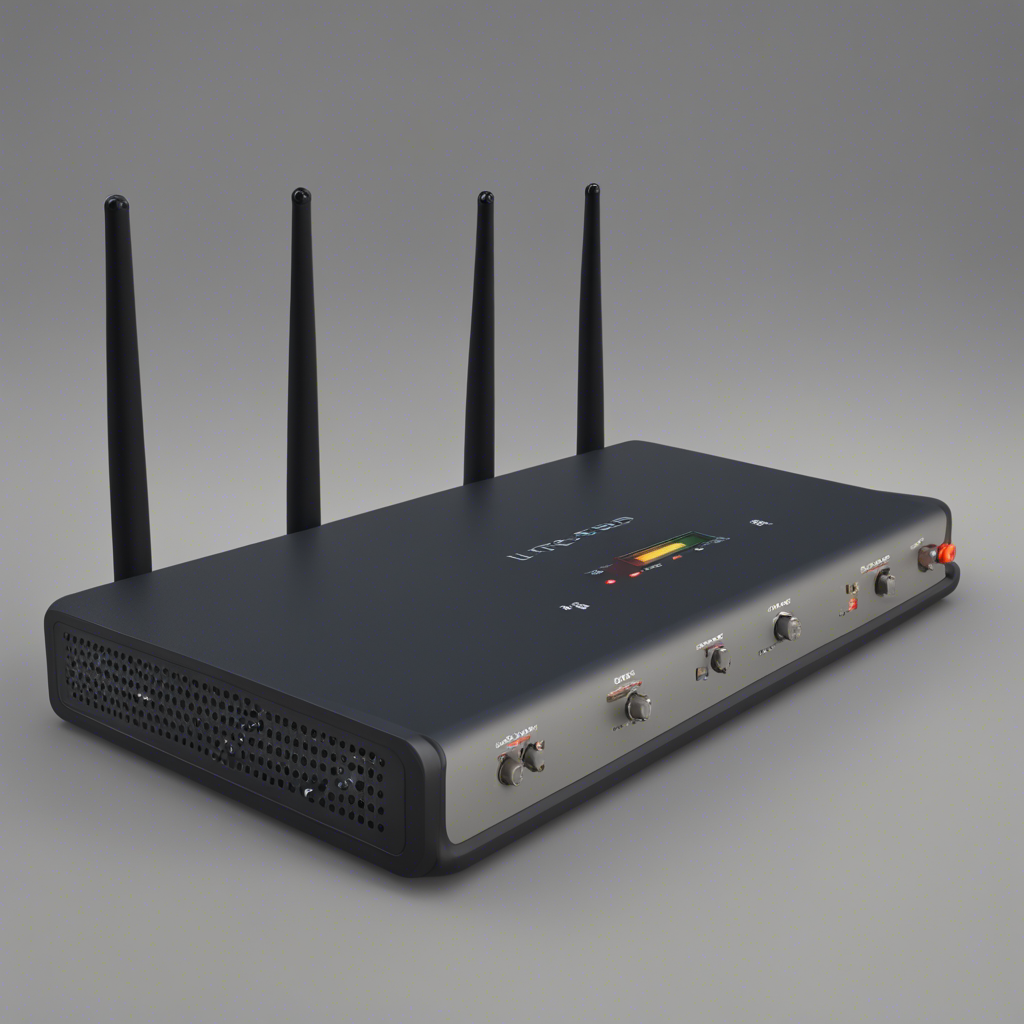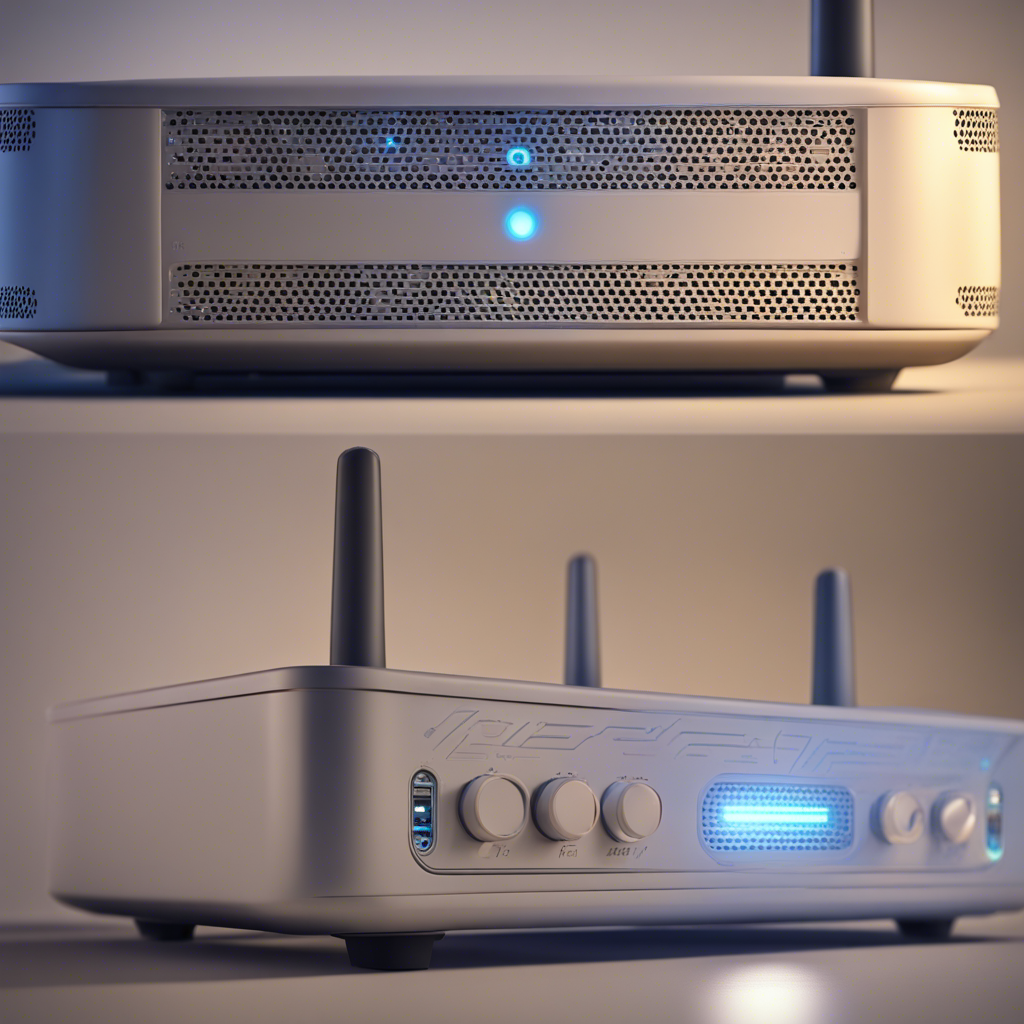
Maximizing Your Internet Speed: Practical Tips and Tricks
In today’s digital age, having a fast and reliable internet connection has become essential for both personal and professional use. Whether you’re streaming your favorite TV show, gaming online, or working from home, slow internet speeds can be frustrating and hinder productivity. Fortunately, there are several practical tips and tricks you can implement to maximize your internet speed. In this blog post, we will explore these strategies and provide you with actionable steps to improve your internet connection.
Understanding Internet Speeds
Before we delve into the tips and tricks, let’s first understand the basics of internet speeds. Internet speed is typically measured in megabits per second (Mbps) and refers to the rate at which data is transmitted over your internet connection. Higher internet speeds result in faster download and upload times, allowing you to access and share information more quickly.
When it comes to internet speeds, it’s important to differentiate between download speed and upload speed. Download speed relates to how fast data can be pulled from the internet to your device, while upload speed relates to how fast data can be pushed from your device to the internet.
Internet Service Providers (ISPs) offer different speed tiers that you can choose from. It’s worth noting that the speed advertised by your ISP might not always match the actual performance you experience. Factors such as network congestion, distance from the ISP’s server, and hardware limitations can impact the speed you receive.
Tips for Maximizing Your Internet Speed
-
Check your current internet speed: Before making any changes, it’s important to determine your current internet speeds. You can use reputable websites like Ookla’s Speedtest (www.speedtest.net) or Fast.com to run a quick test. Record both your download and upload speeds, as well as any latency or ping issues. This will serve as a benchmark to track your progress.
-
Optimize your Wi-Fi signal: If you’re using a wireless connection, the first step is to ensure that your Wi-Fi signal is strong and uninterrupted. Keep your wireless router in a central location, away from obstructions such as walls or appliances that can interfere with the signal. Additionally, consider investing in a Wi-Fi range extender or mesh network system to boost signal strength throughout your home or office.
-
Secure your network: Wireless networks that are not password-protected are more vulnerable to unauthorized access, which can slow down your connection. Set up a secure password for your Wi-Fi network using WPA2 encryption to prevent unauthorized users from hogging your bandwidth.
-
Update your router’s firmware: Router manufacturers regularly release firmware updates to improve performance and security. Check the manufacturer’s website for any available updates for your specific router model and follow the instructions to install them. This simple step can significantly enhance your internet connection.
-
Disconnect unused devices: If multiple devices are connected to your network, they can compete for bandwidth, leading to slower speeds. Disconnect any devices that are not in use or prioritize bandwidth to the devices that require it the most, such as gaming consoles or streaming devices.
-
Reduce network congestion: Internet speeds can often reduce during peak usage times, such as evenings when many people are streaming videos or playing online games. Consider scheduling heavy downloads or updates during off-peak hours to avoid congestion and maximize your download speeds.
-
Use a wired connection: While Wi-Fi offers convenience, a wired Ethernet connection tends to provide a more stable and faster internet connection. If possible, connect devices that require high bandwidth, such as desktop computers or gaming consoles, directly to your router using an Ethernet cable.
-
Optimize your browser and apps: Web browsers and applications can consume a significant amount of bandwidth, especially when loading multimedia content. Enable data-saving features, such as data compression, in your browser settings or install browser extensions that optimize bandwidth usage. Similarly, configure apps and software on your devices to minimize background data usage.
-
Consider a different DNS provider: A Domain Name System (DNS) is responsible for translating human-readable domain names into IP addresses. Your ISP typically provides a default DNS server, but using a different DNS provider, such as Google DNS (8.8.8.8) or Cloudflare DNS (1.1.1.1), can sometimes improve internet speed by reducing DNS lookup times.
-
Upgrade your internet plan: If you’ve exhausted all other options and still experience slow internet speeds, it might be worth considering upgrading your internet plan. Contact your ISP to inquire about higher speed tiers or alternative technologies like fiber-optic connections, which offer faster and more consistent speeds.
Final Thoughts
Maximizing your internet speed requires a combination of optimization techniques and understanding the factors that influence your connection. By following the practical tips and tricks outlined in this blog post, you can improve your internet speeds and enjoy a seamless online experience. Remember to regularly monitor your internet speeds and troubleshoot any issues that arise. With a fast and reliable internet connection, you can make the most of the digital world and boost your productivity.
“A well-optimized blog post provides clear and actionable advice to readers. It incorporates references from reputable sources and includes visual content suggestions to enhance understanding and engagement. By following these guidelines, you can create a comprehensive and valuable blog post on maximizing internet speed.”






